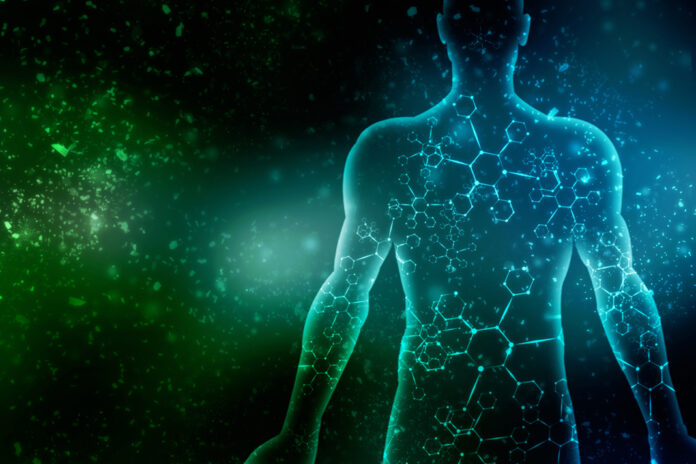Material reductionist doctrine misses the meaning of the organic world’s experience.
By Simon C. Kim, Director of Han Eol Institute
I have divided the discourse into two parts; the first concerned with a world view in the light of metaphysical philosophy. And the second with the specific view of the human body as an organic society. My ultimate aim is to reconstruct a philosophical basis of organic medicine by integrating three perspectives; Neo-Confucian Qi worldview, Whitehead metaphysic of Concrescence, and East Asian Medicine. You may have a better understanding of this complicated subject if you have access to Neo-Confucian Qi philosophy, any experience of Acupuncture healing, and Whitehead’s speculative ideas as well.
- World view
Even though the interpretation of nature in modern science initiated technological progress to help build contemporary civilization, it brings about a paradoxical consequence of excluding the mind from the body and spirit from the universe. Whitehead formulated the Philosophy of Organism to refute the reductionist doctrine of matter and restore human experience as the organic whole in nature.
Material reductionist doctrine excludes sensational, emotional, and spiritual experiences from the human body. This doctrine of philosophy missed a real significant meaning of the organic world’s experience, including human experience. There were tides which manifest itself as philosophies of an organism, whether of Marx and Engels with their integrative levels, or Lloyd Morgan and Smuts with their emergent evolution, or of the biologists for whom classical mechanism and vitalism are no longer a live issue or of Whitehead himself and the full organic view of the world. (J. Needham, 1956. P. 498)
I will explain more regarding Needham’s understanding of the natural philosophy of Neo-Confucianism as a counterpart to the Philosophy of Organism.






































